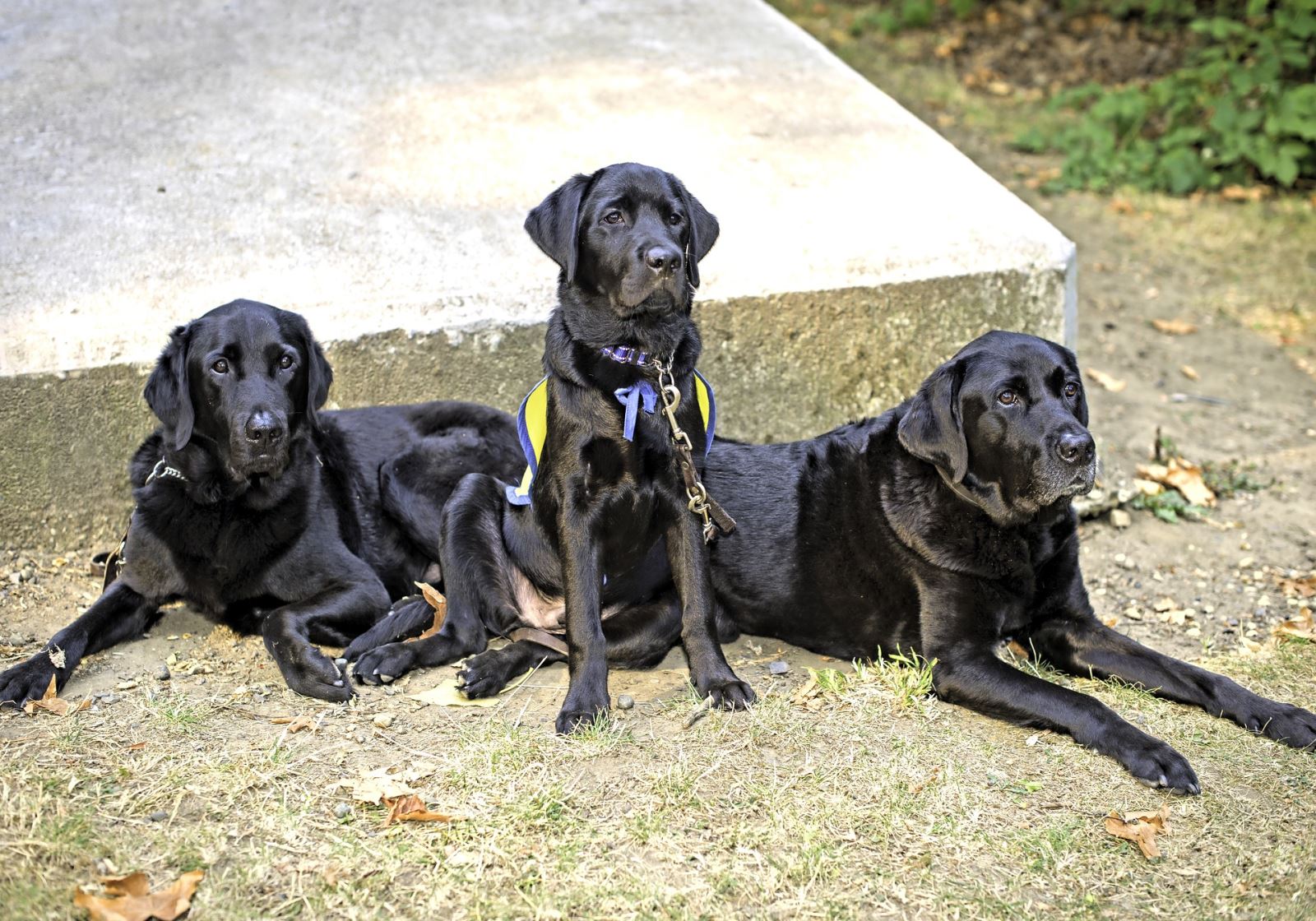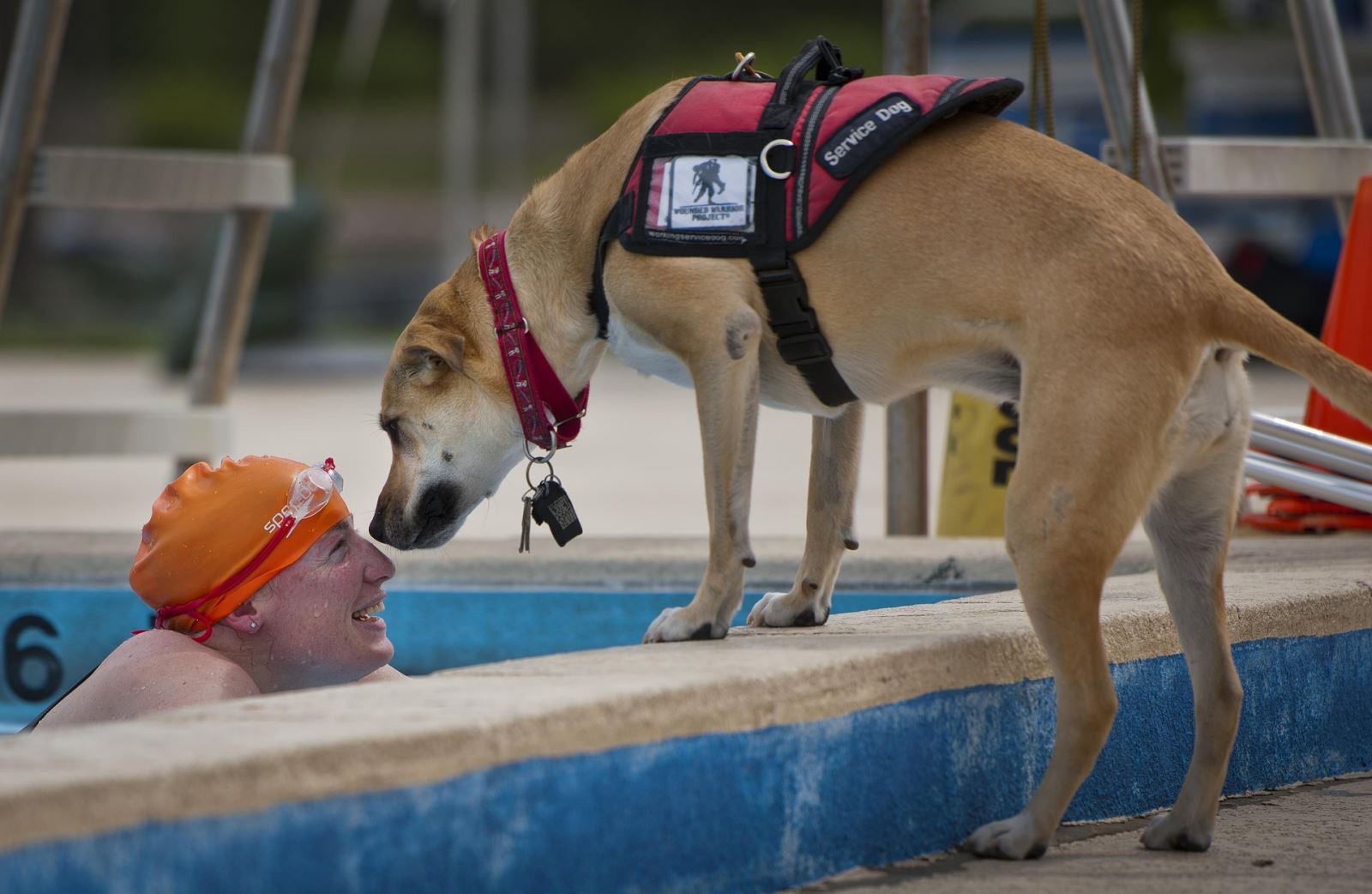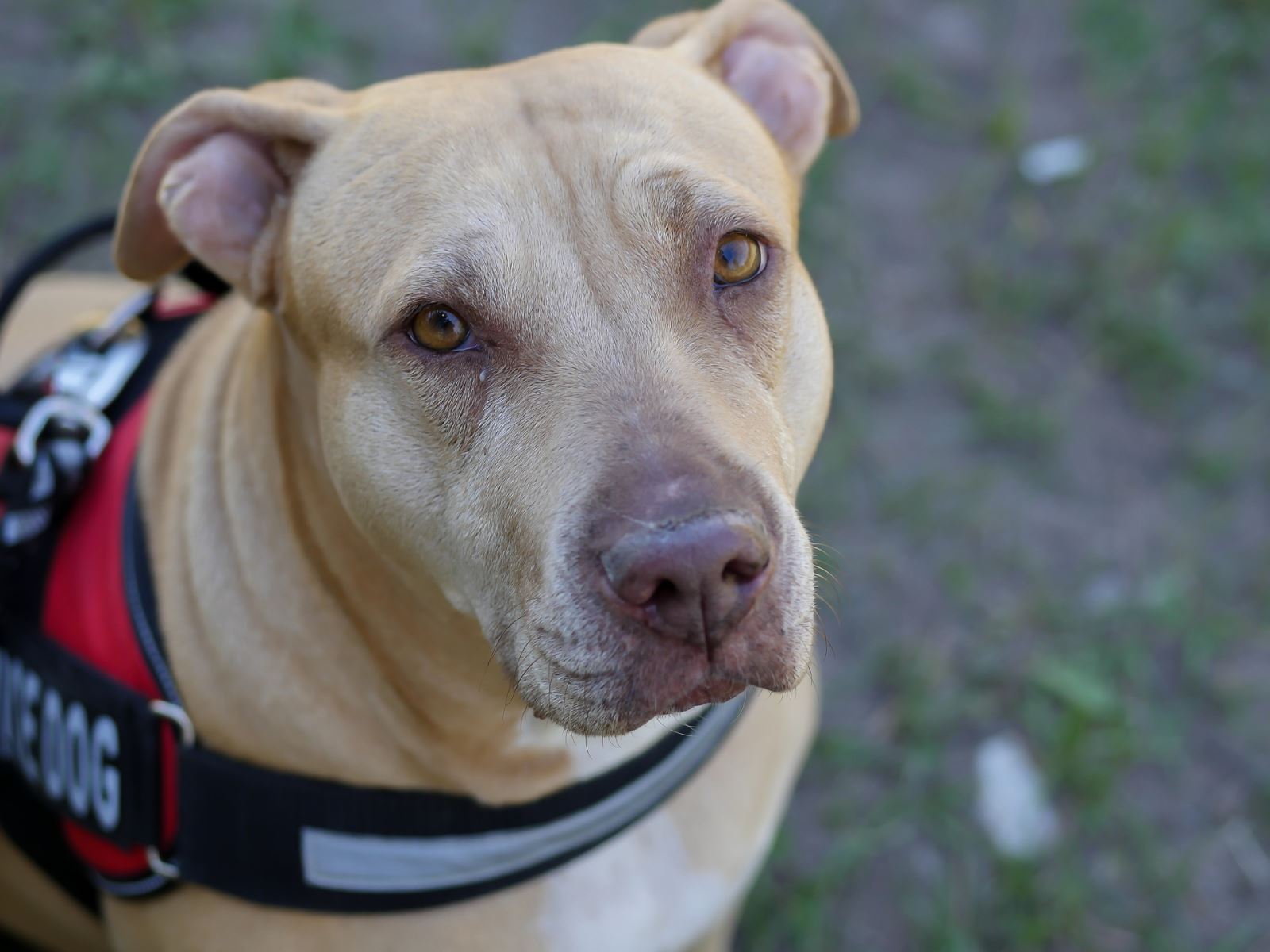There are over 10 million people in the UK with a disability of some kind and many of them have a service dog to support them in their day to day lives. We’re all aware of Guide Dogs for the Blind, but there are also dogs offering support to those with conditions such as Asperger’s, autism and a variety of other medical conditions. Whatever role your service dog is providing, make sure you know all the rules and regulations when you’re travelling.

Many places in the UK are welcoming of service dogs but there are still a number of people who worry about having to travel because they are concerned about the welfare of their dog – hopefully these tips will help put your mind to rest.
Of course, the most important thing is the welfare of both you and your dog, so firstly, you will need to check that your plans are appropriate for the both of you. You might be keen to let your dog relax and have a holiday too, but be aware that rules that are in place for working dogs are not the same for pet dogs, so to ensure that the two of you are comfortable and you are able to receive the support you need, make sure to keep your dog’s harness, jacket, ID and documentation with you at all times.
You will also need to be aware that you and your dog are going into an unfamiliar environment and that you are breaking your normal routine so both of you will need to be patient and help each other where you can.

Once that is all taken into consideration, here are a few suggestions to make travelling with your service dog as easy as possible.
- If you are travelling via public transport, make sure to check with the individual company what their policy is when it comes to service dogs, for instance, do you need to book two seats, one for you, one for them? Do they insist on them being in a certain part of the vehicle? Make sure to have all this information before you start booking your journey.
- Make sure your dog has eaten at least 12 hours before you begin your journey, of course you’ll want to avoid giving your dog anything with a high salt content as this will make them thirsty.
- Bring extra supplies with you such as plastic bags, cleaning wipes and absorbent granules in case your dog becomes ill or there is no where convenient for them to relive themselves. If you are travelling to your destination by train, you will only have platforms to use and if you are using the bus network, you may not have time to get on and off the bus as often as your dog may need.
- Bring bottled water, foldable water bowls and snacks – you may be tempted to restrict water, particularly on long journeys but this isn’t advisable. If you’re worried about your dog needing to relieve themselves bring incontinence pads with you for your dog to sit on.
- Have a fleece for your dog to lie on during your journey.
- Where possible, make use of every stop to give your dog a chance to stretch their legs and relieve themselves.

Following these tips will make your travels much easier with your dog when journeying around the UK – if you’re planning a trip abroad, make sure to check the regulations for the country that you are visiting and contact any ferry companies and airlines before booking.


 to add an item to your Itinerary basket.
to add an item to your Itinerary basket.


